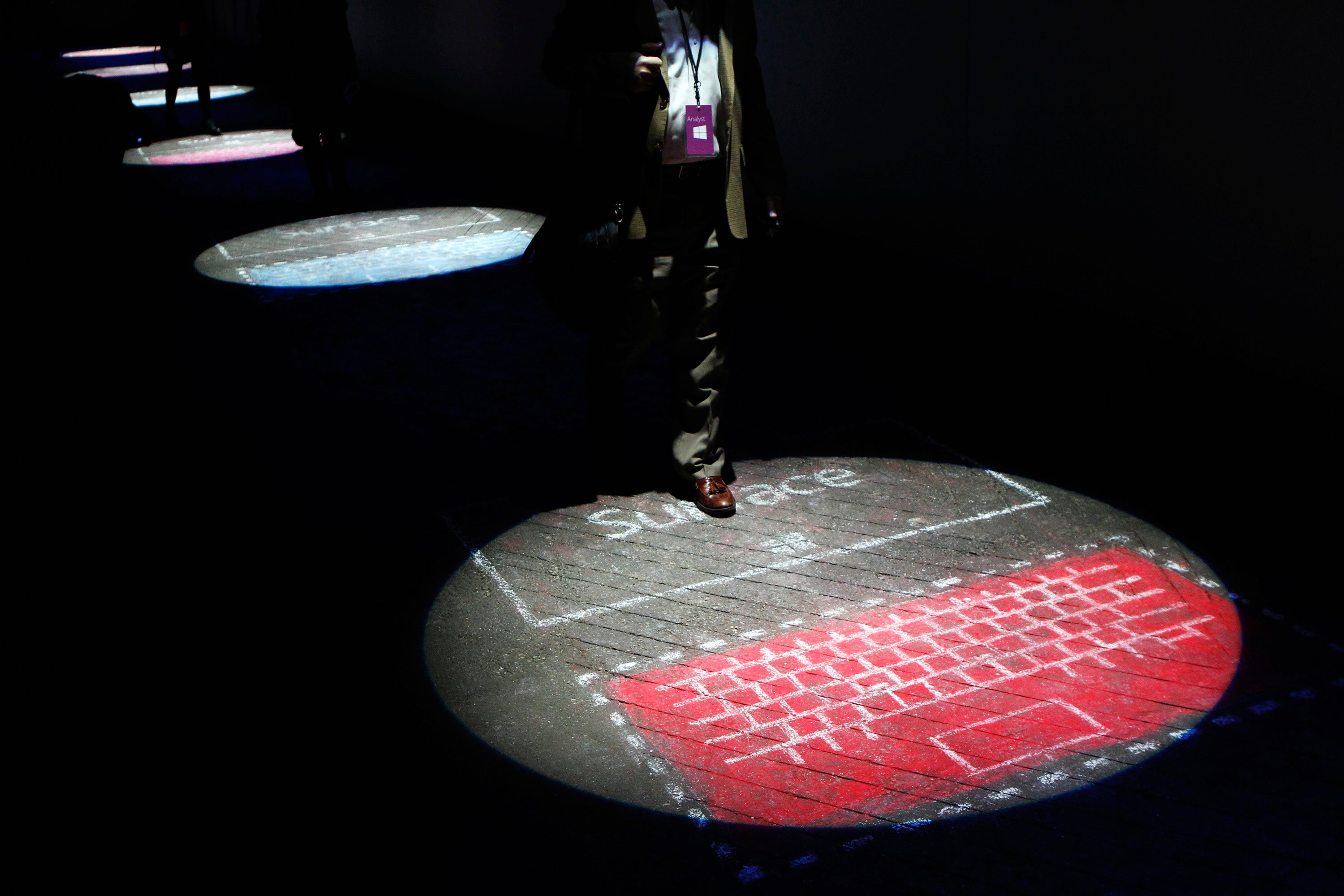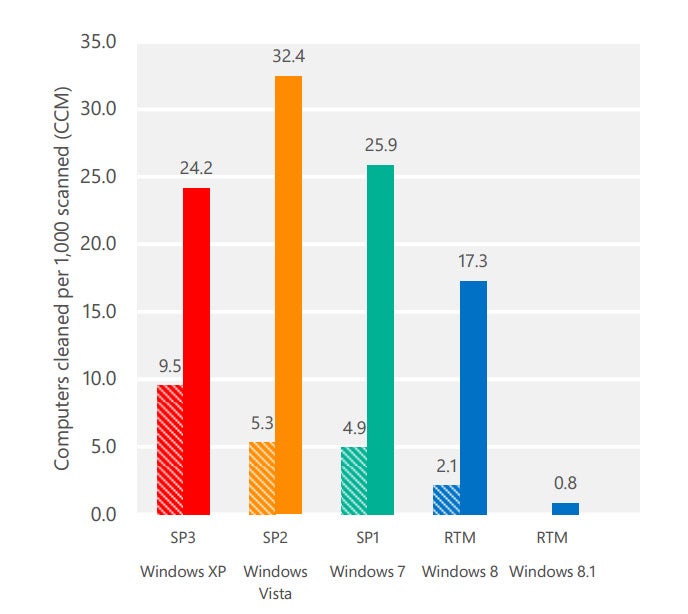'Windows Vista and Windows 7 more at risk than XP,' report Microsoft

Your support helps us to tell the story
From reproductive rights to climate change to Big Tech, The Independent is on the ground when the story is developing. Whether it's investigating the financials of Elon Musk's pro-Trump PAC or producing our latest documentary, 'The A Word', which shines a light on the American women fighting for reproductive rights, we know how important it is to parse out the facts from the messaging.
At such a critical moment in US history, we need reporters on the ground. Your donation allows us to keep sending journalists to speak to both sides of the story.
The Independent is trusted by Americans across the entire political spectrum. And unlike many other quality news outlets, we choose not to lock Americans out of our reporting and analysis with paywalls. We believe quality journalism should be available to everyone, paid for by those who can afford it.
Your support makes all the difference.Computers running either Windows 7 or Windows Vista operating systems are more likely to be infected by malware than Windows XP machines, according to a recent report by Microsoft.
The company’s biannual Security Intelligence Report (SIR) included figures showing that in the last quarter of 2013, Windows XP computers had an infection rate of 2.42 per cent, compared to 3.24 per cent for Windows Vista and 2.59 per cent for Windows 7.
Microsoft said the data had been “normalized” to account for the different numbers of computers running each version of the operating system, with Windows 8 machines showing a 1.73 per cent infection rate and Windows 8.1 (the latest version) just 0.08 per cent.
The software giant credited the apparent insecurity of Windows 7 and Vista with a new threat from ‘Rotbrow’ malware targeting internet browsers, but security experts say this doesn’t mean that XP is more secure than more recent operating systems.

Speaking to The Independent Graham Cluley pointed out that users of more modern versions of Windows could be exposing themselves to greater risks simply by using the internet more.
“We’re hopeful that the number of Windows XP computers is rapidly diminishing, and that fewer and fewer of them are being used to regularly access the internet,” said Mr Cluley.
“If you think about it, if you have an old creaky computer still running Windows XP and a Windows 7 computer - which one are you more likely to be using regularly?”
Mr Cluley also notes that the statistics from Microsoft’s report cover a time period when Windows XP was still receiving regular security updates – fixes that Microsoft stopped issuing at the beginning of April this year.
Microsoft is also soon to issue its latest release of security patches on 13 May (an event referred to as Patch Tuesday) which, for the first time, will no longer include updates to Windows XP but will highlight vulnerabilities to the operating system.
Users of more recent Windows operating systems are recommended to download Microsoft’s Enhanced Mitigation Experience Toolkit (EMET) to block malware and, if still running Windows XP, to upgrade as soon as possible.
Read more: Windows XP comes to an end: Your guide to upgrading to pastures new
Update: Microsoft has since been in contact to put their figures in context, stressing that the increase in malware was "predominately due to a new detection added to Microsoft’s security products for a threat known as Rotbrow (More information on Rotbrow can be found here), adding that "The rise in computers cleaned in the chart below is not an indication of the operating systems security effectiveness. Deceptive tactics can trick anyone."
Join our commenting forum
Join thought-provoking conversations, follow other Independent readers and see their replies
Comments